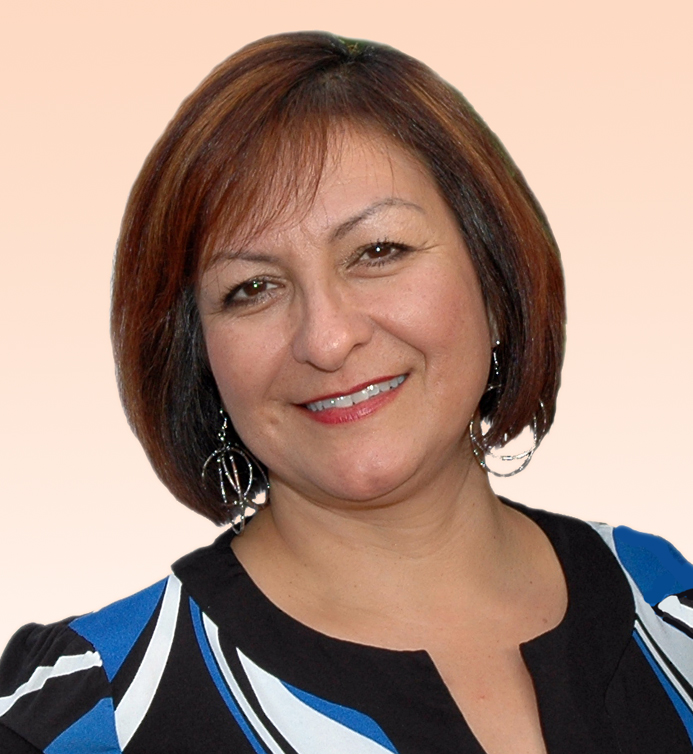Why a Culturally Proficient Framework?
 AVID Center
AVID Center  Monday, December 3, 2012 at 8:53AM
Monday, December 3, 2012 at 8:53AM By Carmen Serret-Lopez and Alberto Alvarez

The achievement gap continues to harm our students and our school communities, despite national movement in education reform. No matter which state or district data we look at, we can see that there is still a discrepancy in achievement levels in African American and Latino students as compared to their Caucasian and Asian counterparts, (Gibson, Gandara, & Koyama, 2004; Laird, Kinzl, deBell, Chapman, 2007, in Anderson, Mark, 2010).
Achieving cultural proficiency is a journey, perhaps, a life-long one. Research shows that teachers who perceive themselves and their schools as culturally proficient, tend to be viewed as less-proficient by their students, (Anderson, M., 2010). We must be ready to have an honest conversation about our cultural proficiency.
It is we, the adults, who must adapt our practices to better meet the needs of students in our diverse communities, but how can we achieve meaningful change? Exploring and understanding cultural proficiency is an inside-out approach that can lead to educational change. We must first look at our own assumptions, attitudes, and behaviors. Then, we can use this framework to look at our school policies and practices.
Using AVID’s Cultural Proficiency Continuum, we can examine our responses to everyday issues around diversity and self-assess where we are personally and as an organization. It provides a vehicle to engage in difficult race conversations. More specifically, the continuum outlines human behavior ranging from destructiveness, the denial and suppression of a people’s culture, to proficiency, the acknowledgement and elevation of all cultures, (Lindsey, R., Roberts, M. L., Campbell Jones, F., 2007). This tool of self-reflection allows a person to assess growth as one moves toward culturally proficient practices.
The growth can be generalized as stages of social competence. Stage one is Cultural Destructiveness and is characterized by “see the difference; stomp it out.” Stage two is Cultural Incapacity and is characterized by “See the difference, make it wrong.” Stage three is Cultural Blindness, and is shown by “See the difference; act like you don’t.” Stage four is Cultural Pre-Competence and is typically “See the difference; respond inappropriately.” Stage five is Cultural Competence, where we “See the difference; value it.” Finally, stage six, Cultural Proficiency, is “Seek the difference; esteem it; advocate for equity.”
Want to learn more? We will discuss the Culturally Proficient Continuum at our session Creating Cultural Proficiency in Your AVID Program and Classroom at the AVID National Conference 2012. We will review the use and application of the continuum to empower a single AVID teacher, the site team, or schoolwide leadership if they are ready. Participants will walk away with a higher level of awareness, knowledge, and tools, including the AVID Cultural Proficiency Continuum, the revised AVID student recruitment packet, and content continuums to start their journey. A key highlight will be the exclusive viewing of the Student Voices video, which touches on what we are currently doing right in AVID, things we could improve on, and things we should consider.
Carmen Serret-Lopez has been the Regional Coordinator for the LA County AVID Program for 14 years. Under her guidance, the county has grown from 50 AVID schools in 1998 to 298 AVID schools in 2012. Previously, Lopez worked as a math teacher in the Glendale Unified School District for nine years. In 1990, she brought AVID to Roosevelt Middle School, which became one of the first National Demonstration Schools in LA County. Lopez received a BA from Long Beach State, teaching credentials from Cal State LA, and a master’s degree from Point Loma Nazarene College in San Diego. She has been an AVID staff developer for more than thirteen years and has also presented at several AVID National Conferences.
Alberto Alvarez, Ed.D, currently serves as Assistant Principal in the Norwalk-La Mirada Unified School District. Most recently, Dr. Alvarez served over 25 high and middle schools throughout Los Angeles County as an AVID Senior Program Specialist. Alberto began his teaching career in 1997. He earned his Ed. D from the University of Southern California, where his dissertation looked at root causes of academic inequities in the Hispanic English Learner population.
Reader Comments (1)
Sounds like a good tool to help stem the differences in levels and quality of education found in many of today's public schools. It will take hard work to bridge the gap.
Trident University